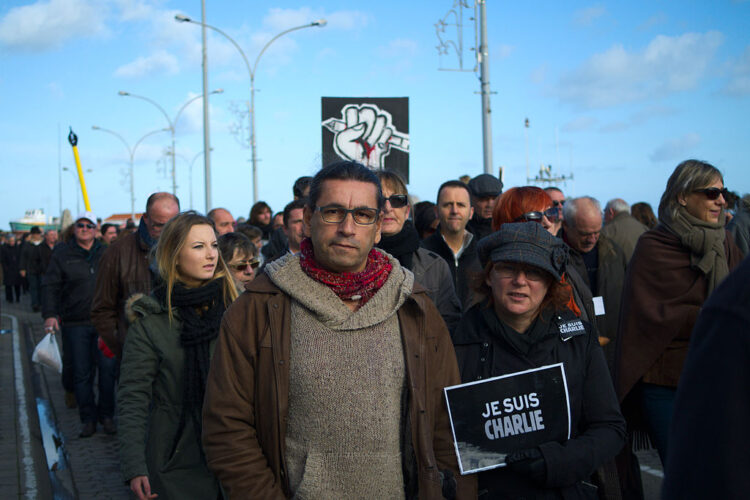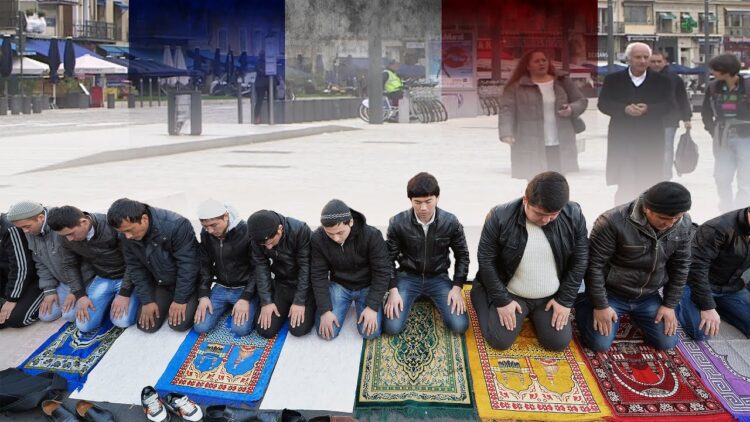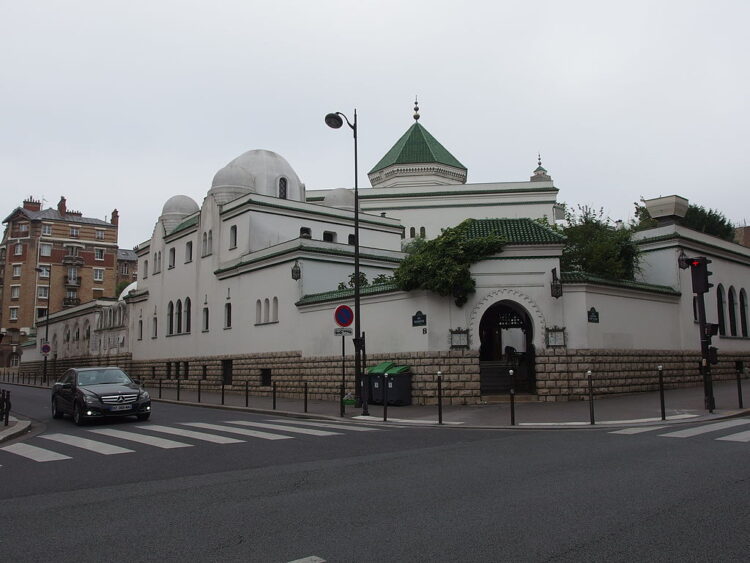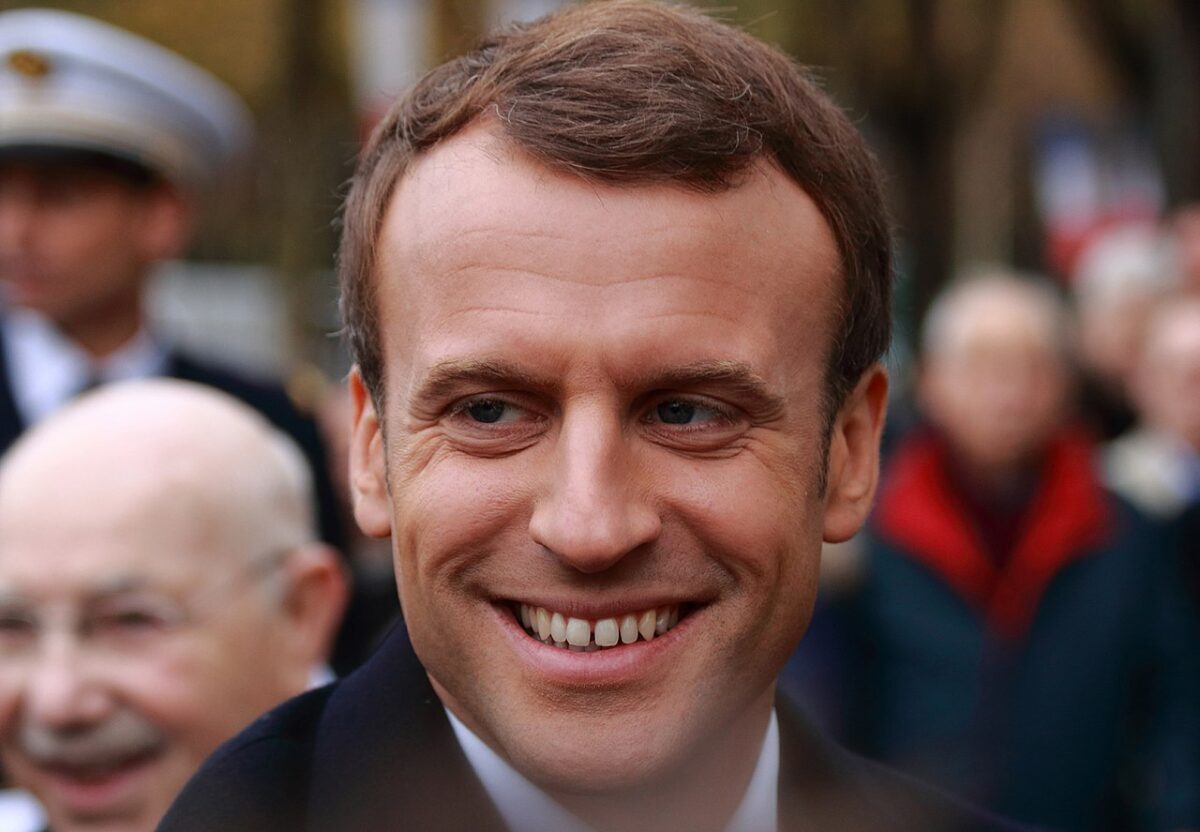President Emmanuel Macron intends to introduce a bill in December to defend France’s secular values against radical Islam and sectarianism. It’s a long overdue and welcome piece of legislation. It should have been tabled years ago.
Macron announced the details on October 2 as an important trial took place in Paris that reminded Parisians why his proposed legislation is so necessary.
France had been badly burned by Islamic terrorism in the past decade.
In 2015, two homegrown Islamic fundamentalists broke into the offices of the satirical magazine Charlie Hebdo and killed several employees. (Last week, a Pakistani Muslim stabbed two pedestrians near Charlie Hebdo’s former office in anger over its publication of caricatures of the Prophet Mohammed.)

Shortly afterward, a French-born Muslim acolyte of the Islamic State organization murdered three Jewish shoppers at a kosher supermarket.
Some months later, Muslim radicals from France and Belgium launched a series of coordinated terrorist attacks throughout Paris, killing 130 civilians.
A year later, in Nice, 86 people were killed by a Muslim terrorist driving a truck who deliberately struck them down.
In 2012, a radicalized French Muslim killed three students and a rabbi at a Jewish day school in the city of Toulouse.
As he delivered his speech, Macron mentioned these cases, which underscore the need for a fresh and effective approach to a serious problem that has been festering and that must be addressed promptly to ensure that radical Islam does not claim still more victims in France.
Describing Islam as a religion “in crisis all over the world today,” Macron focused his comments on three essential institutions, schools, mosques and community associations, that are at the heart of his ambitious plan to eradicate Islamic “separatism” and extremism and to strengthen a 1905 law that separates church and state.

The French government must urgently deal with this problem due to the imperative of demography. France is home to 5.7 million Muslims, who represent eight percent of its population. After Roman Catholicism, Islam is France’s second largest religion. In the rest of Europe, Islam is the fastest growing major religion.
Proceeding from the assumption that this problem cannot be swept under the rug or minimized, Macron said that his proposed bill will require all children from the age of three to attend French schools, will restrict home schooling, and will facilitate closer scrutiny of the curriculum at private schools.
The practice of importing imams from abroad, particularly from Turkey, Morocco and Algeria, will be phased out. Macron said that Islam in France must be liberated from “foreign influences.” Imams will be trained in France so that mosques are not taken over by extremists. There will be a clampdown on foreign financing of mosques.

Community associations funded by the state will have to adhere to secularist values. Employees providing public services will be banned from wearing religious symbols.
Theses are sensible proposals that the French public will doubtless support. And as Macron noted, the bill he hopes to pass is neither intended to alienate nor stigmatize Muslims, but to foster coexistence so that French citizens of all faiths can “live together” in peace and harmony.
